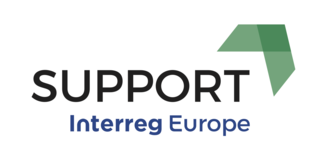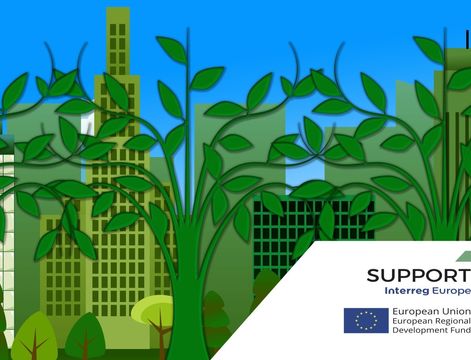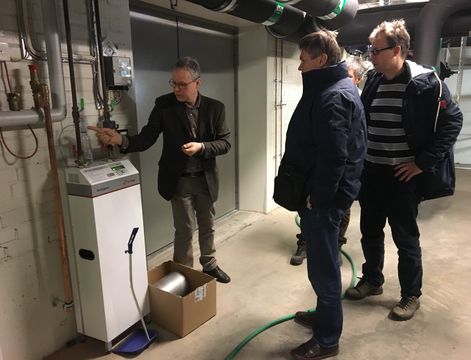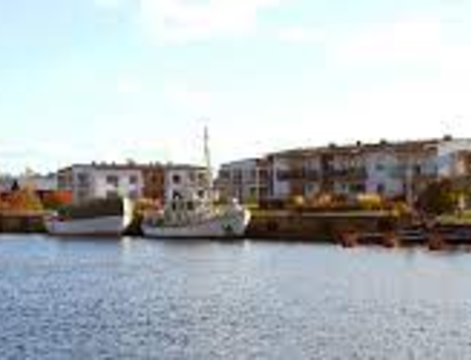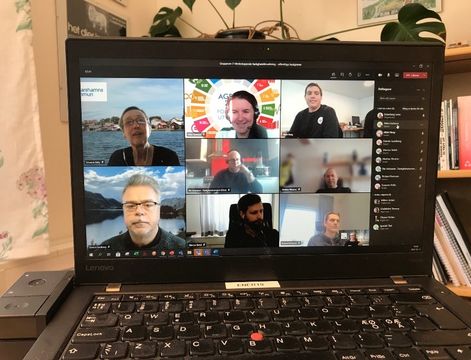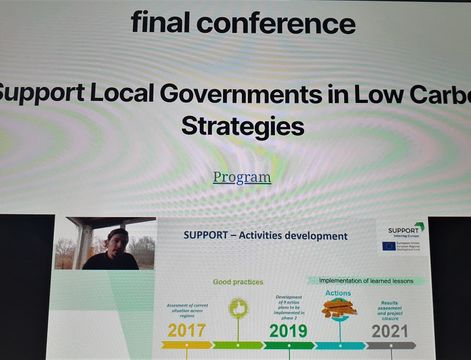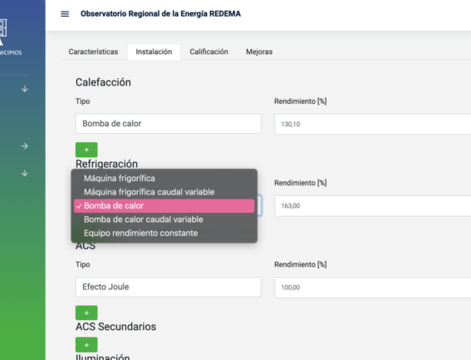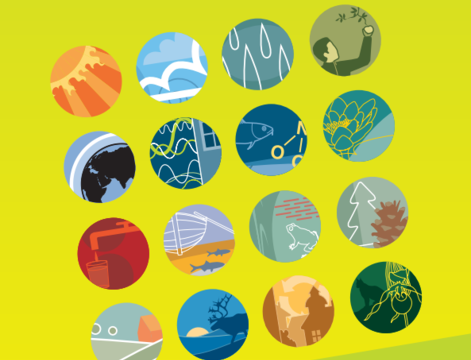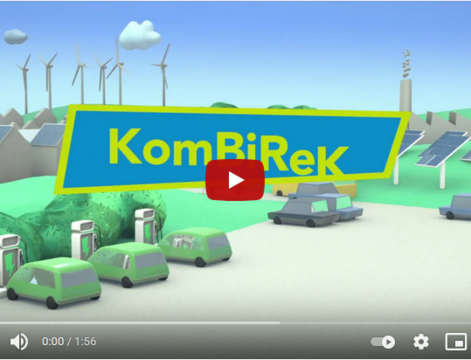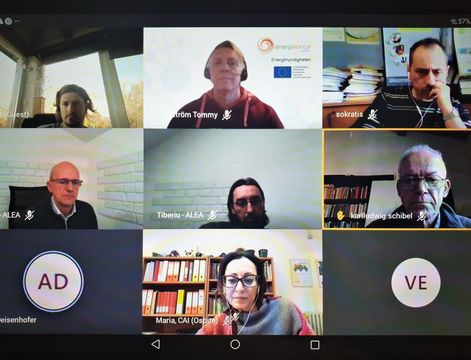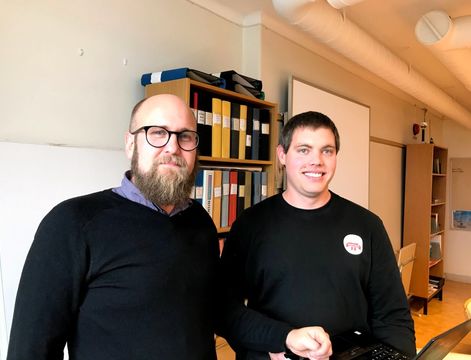In June project partners from Anatoliki S.A. and Citta metropolitana di Roma Capitale came to visit the EARLP together with their regional stakeholders. The Energy Agency Rhineland-Palatinate invited project partners to have a look on energy efficiency on different scales. Including the visit of waste water plants of different sizes and talking to climate protection managers of different sized municipalities. To see how climate protection and energy action plans are implemented in urban and rural structured regions and that size does not always matter when it comes to achieving reduction targets. A focus was laid on Energy Efficiency in the waste water treatment process.
On Tuesday, 19.06.2018 we were guests at the thermal utilization company Mainz TVM. The managing director of the EARLP Mr. Pensel, who took part in the staff exchange to Sweden, welcomed the guests and presented the work of EARLP. We gained an insight into the state’s political objectives for climate protection in municipalities and municipal waste water disposal. Mr. Benze, also taking part in the Swedish staff exchange program, and Mr. Jung from the Ministry of Environment, Energy, Food and Forestry Rhineland-Palatinate lectured on these topics. To get an insight into municipal practice the communication strategy of the city of Mainz to activate citizens for local climate protection and energy efficiency projects was introduced by the Masterplan manager Mrs. Herda Munoz. Mainz is the largest city in Rhineland-Palatinate with 210.000 inhabitants and part of the Rhine-Main metropolitan area. The afternoon was used to visit the waste water treatment plant of Mainz TVM. In Mainz a mono incineration plant with a fluidized bed furnace is planned. The advantage of mono incineration for the operator of a sewage treatment plant is that wastewater treatment and sewage sludge disposal take place independently at one location and at the same time the "waste product" of thermal recycling (heat and electricity) can be used as excess energy in the operating process of the sewage treatment plant. In addition, phosphorus can be recovered from the sewage sludge. This project is funded under the Rhineland-Palatinate ERDF program.
Wednesday, 20.06.2018 was dedicated to energy-neutral sewage treatment plants. In the morning, the Kaiserslautern municipal sewage treatment plant was visited. The energy saving potentials for municipalities in wastewater treatment was shown as well as the state of the art at sewage treatment plants in Rhineland-Palatinate. Speaker was Michael Jakob, advisor for bioenergy at the ERLP. We then receive a guided tour of the site of the energy-neutral wastewater treatment plant Kaiserslautern. In the afternoon the Weilerbach sewage treatment plant proved that energy efficiency is also possible in small sewage treatment plants. The plant supplies itself with approx. 80% of its energy by converting sewage gas into electricity in cogeneration plants. In Weilerbach not only the sewage treatment plant was visited. The mayor of Weilerbach Mrs. Anja Pfeifer welcomed the group at the community center. She gave us a guided tour of the building which was built in the passive house standard. The climate protection managers told us about the climate protection and energy strategy of Weilerbach. In 2014, the "Vision 2030 - zero emission village" was developed as part of an integrated climate protection concept. A municipality is to be created in which sustainable THINKING and ACTING at all levels of the energy sector is anchored in the population as a matter of natural course.
All Photos by Energy Agency Rhineland-Palatinate
